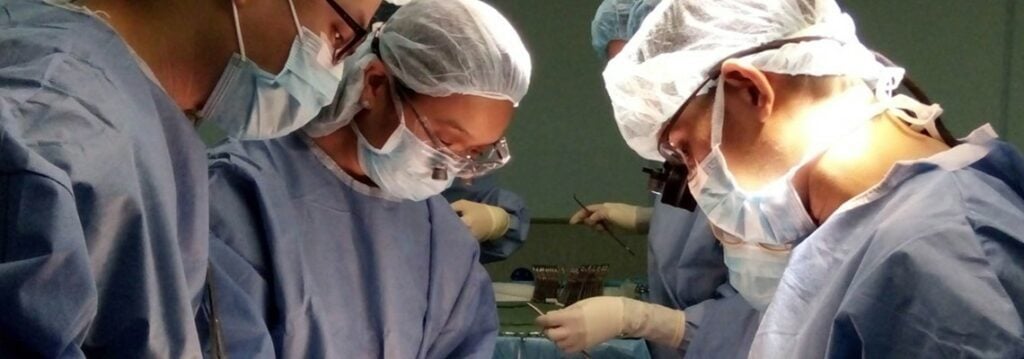Rabies is a deadly virus transmitted to humans from infected animals’ saliva. The rabies virus is usually transmitted through a bite. Early symptoms include fever and tingling at the site of exposure. More progressive symptoms include nausea, vomiting, violent movements, uncontrollable excitement, fear of water, inability to move body parts, confusion, and loss of consciousness. But did you know that there is a number of people that contracted rabies thru organ transplants?
Since 2004, at least 18 people have died from rabies after receiving organs from infected donors. Transplanted organs are rarely tested for the rabies virus, which can incubate for a year or more before symptoms appear, at which point it is almost always fatal.
What Happened to People Who Got Contracted Rabies from Organ Transplants?
In 2004, the Centers for Disease Control and Prevention (CDC) confirmed the first cases of rabies transmission through solid organ transplantation. Although rabies had previously been reported to be transmitted through cornea transplants, this was the first report of rabies transmission through solid organ transplantation.
The organ donor had gone through the standard eligibility screening process, including laboratory testing. One of the transplant recipients died during the procedure, and the other three died later from rabies. When the donor’s friends were questioned after his death, they revealed that a bat had recently bitten him.
In another case, rabies was transmitted through organ transplantation in Germany in 2005. A rabies-infected donor’s organs or tissues were given to six recipients. Two recipients who received donor corneas were not infected after their grafts were removed. Those who received lung, kidney, or kidney and pancreas died. The liver recipient had previously been immunized against rabies and survived the ordeal.
The three other recipients’ healthcare teams are evaluating them. These people are being closely monitored and show no signs of being infected with rabies. (Source: Lidsen)
Are the Organs for Transplant Tested Before They are Used?
All potential organ donors in the United States are screened and tested to determine whether they pose an infectious risk.
Organ procurement organizations are in charge of determining the suitability of each organ donor. A series of questions posed to the person consenting to organ donation, a physical examination of the donor, and infectious disease testing, including HIV and hepatitis B and C
virus screening, determine donor eligibility. It is illegal for transplant centers to accept or transplant organs from HIV-infected donors.
Following the 2004 transmission cluster, many organ procurement organizations added a rabies screening question to their application process. The screening did not reveal a rabies risk in this case.
The recent transmission of a rare rabies virus infection via an organ donor underscores the fact that pre-transplant screening does not always detect every possible donor-derived infection.
Because this is only the second known rabies-infected organ donor in the United States, the risk of rabies transmission is extremely low. The first incident was identified in July 2004. Laboratory testing must be carefully considered for precision and the ability to obtain results quickly. (Source: Lidsen)
